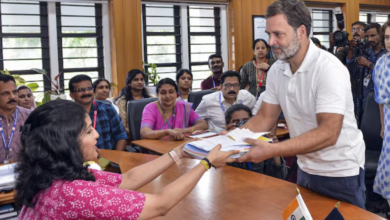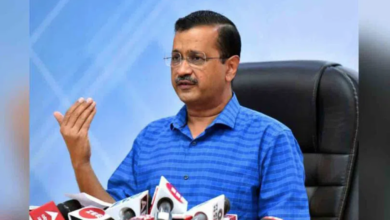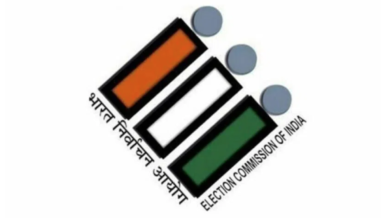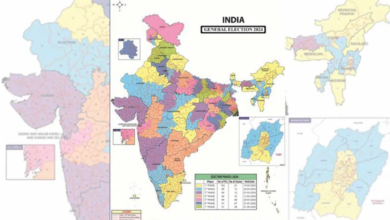SC affirms BCI’s power to hold All India Bar Examination

The court’s order came on a petition that examined several issues concerning the AIBE, including at what stage can the examination be prescribed by the BCI under the Advocates Act, 1961

New Delhi: The Supreme Court on Friday affirmed the Bar Council of India’s power to hold the All India Bar Examination (AIBE), a test that a lawyer has to qualify to practise law in the courts of the country.
“These are adequate powers with the Bar Council of India (BCI) under the said Act (Advocates Act) to provide for such norms and rules. The effect would be that it is left to the BCI as to at what stage the AIBE is to be held — pre or post-enrolment,” said a five-judge Constitution bench headed by Justice SK Kaul.
The court’s order came on a petition that examined several issues concerning the AIBE, including at what stage can the examination be prescribed by the BCI under the Advocates Act, 1961.
The bench, also comprising Justices Sanjiv Khanna, AS Oka, Vikram Nath and JK Maheshwari, had reserved its verdict in September last year after hearing the arguments in the matter.
Pronouncing the verdict, the court observed that it was in favour of certain suggestions made by amicus curiae (friend of the court) senior advocate KV Vishwanathan in the matter, including allowing final-semester law students to take the AIBE on the production of appropriate proof of eligibility.
The court also said a person employed in a non-legal job for five years or more should be required to write the test once again to resume his law practice.
The court clarified that its directions would be prospective in nature and asked the BCI to act on those within a period of three months.
The apex court had, in March 2016, observed that one of the questions that were raised for determination was whether the BCI was competent to prescribe an examination post an advocate’s enrolment as a condition for eligibility for his continuing to practise at the Bar.
The apex court had said the questions for determination were of considerable importance, affecting the legal profession in general, and need to be authoritatively answered by a Constitution bench.
It had referred three questions, including whether pre-enrolment training in terms of the Bar Council of India Training Rules, 1995 framed under section 24(3)(d) of the Advocates Act could be validly prescribed by the BCI and if so, whether the decision in Sudeer versus Bar Council of India and Another requires reconsideration, for the consideration of the five-judge bench.







